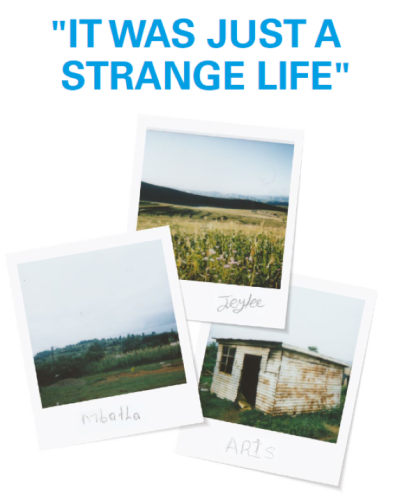"E ne e le bophelo bo sa tloaeleheng”: It was just a strange life

This participatory study, conducted with youth in Lesotho, provides a profound understanding of their experiences during the COVID-19 pandemic. It sheds light on how they navigated the challenges and changes brought about by this global crisis, revealing insights into their adaptability, resilience, and the crucial role of community support. The study highlights how children and adolescents in Lesotho adapted to new governmental regulations and diligently followed preventive measures like mask-wearing, hand washing, and physical distancing. Their adherence intensified with direct experiences of the virus within their communities. Despite their compliance, there was a notable reliance on parents and household members for information about the pandemic, leading to increased anxiety and confusion about the virus, especially concerning its origin and spread. Economically, the pandemic exacerbated existing socio-structural inequalities, leading to heightened instability, particularly in families affected by migration.
In response, children and adolescents showed remarkable resilience, participating actively in income generation and developing coping strategies for stress and boredom. The crisis also had a profound effect on their educational journey and future aspirations. The abrupt shift to irregular schooling and the lack of remote learning options caused significant distress, with many voicing concerns over the long-term consequences on their educational and career prospects. However, amidst these challenges, a strong sense of community support and solidarity emerged, reflecting the deeply rooted cultural norms of the Basotho people. This communal resilience offered emotional and practical support to those most affected by the pandemic's multifaceted challenges.









